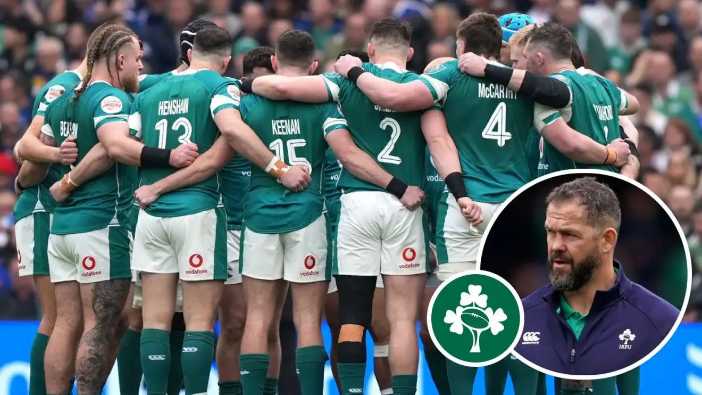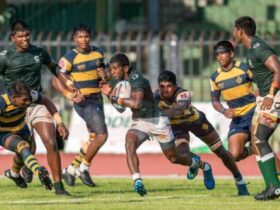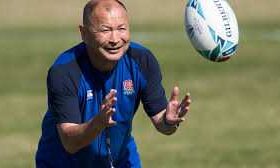All great things must come to an end.
This is never more true when it comes to sport, when an era of dominance or a golden generation must call time and allow the next generation to hopefully build upon their legacy as age catches up to everyone.
Irish rugby has enjoyed a 21-year period of silverware, when they lifted the Triple Crown in 2004, after a barren period following their 1985 Five Nations championship.
Until the turn of the century, Ireland would struggle in the competition, finishing in the bottom two throughout the 1990s, while collecting four wooden spoons in this decade.
Successful period
The decision to promote youthful talents of Peter Stringer, Ronan O’Gara, and Brian O’Driscoll, to name a few, saw a change of fortune with Ireland bringing in a successful period that would result in a Grand Slam in 2009.
The pinnacle for this squad.
However, head coach Declan Kidney would fail to prepare and slowly bring quality youthful players to help maximise the talents of the aging players that had been central to this Irish squad for the last decade.
Modern Irish rugby would reach its nadir in Rome, 2013, when they lost to Italy for the first time in the championship, after a tough and tired campaign.
Joe Schmidt was the perfect man to do this following his success at Leinster, kicking off a 10-year period of Irish domination in the Six Nations as the Boys In Green have claimed five titles, two of which were Grand Slams, in a decade.
Ireland advertised the weekend as the ‘End of an Era’ as Cian Healy, Peter O’Mahony and Conor Murray played their final game at the Aviva Stadium, three players that started the infamous match against Italy in 2013.
It was not a joyful send-off as Ireland suffered a humbling 42-27 defeat to France, a side many believe will dominate the championship for the next decade.
This essentially brought Ireland’s chance to make history with three Six Nations titles in a row to an end.











Leave a Reply